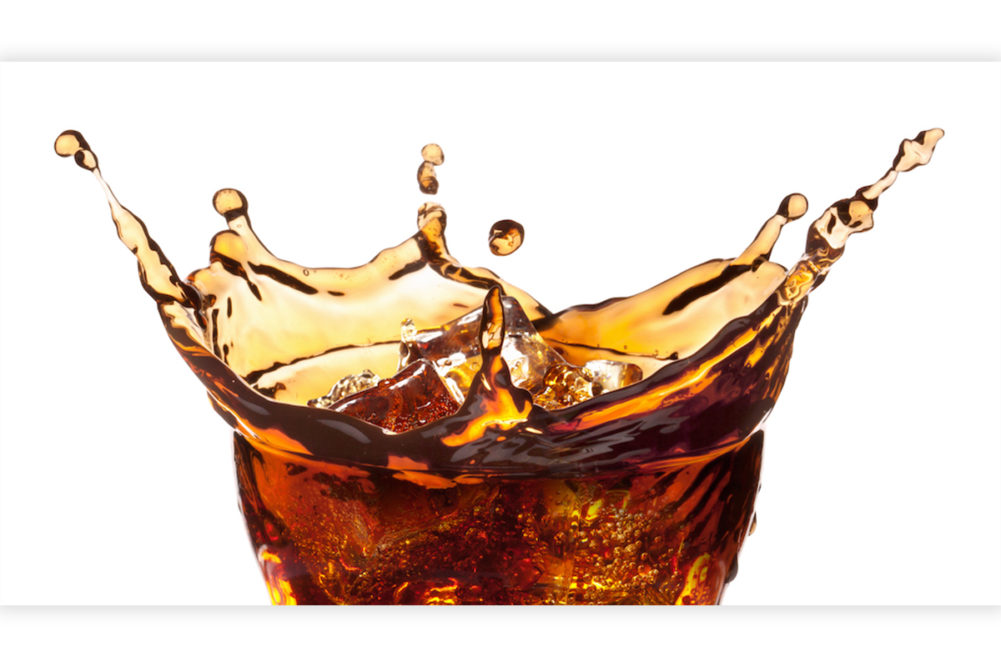RANCHO SANTA MARGARITA, CALIF. — The US District Court for the Central District of California in Santa Ana on May 24 ruled in favor of SweeGen, Inc. over PureCircle USA, Inc. in a patent lawsuit involving Rebaudioside M, a steviol glycoside inside the stevia leaf that closely resembles the sweetness of sugar.
“Today’s judgment vindicates Sweegen and affirms the company’s position as an industry leader in innovative sweetener solutions,” said Steven Chen, chief executive officer of Sweegen.
Chicago-based PureCircle, which was acquired by Ingredion, Inc. in 2020, had filed the lawsuit against SweeGen in September 2018. As part of the lawsuit, PureCircle had accused SweeGen of infringing on two patents covering the manufacture of Reb M.
The patent, US Patent No. 9,243,273, involves the conversion of Rebaudioside D to Rebaudioside X, also known as Rebaudioside M, by using an enzyme called UDP-glucosyltransferase. The technology makes Reb M, found sparingly in the stevia leaf, more cost-effective for use in reducing sugar in applications like beverages, dairy products and other food items. The patent was issued Jan. 26, 2016.
SweeGen on Feb. 21, 2017, announced the commercialization of its Bestevia Rebaudioside M, according to the lawsuit, and described the process for making it as a “proprietary and patent-pending bioconversion” and also an “enzymatic conversion.” According to the lawsuit, SweeGen has an exclusive license agreement with Conagen, which owns US Patent No. 10,023,604 issued on July 17, 2018. That patent involves a method for converting Reb D to Reb M. The PureCircle lawsuit claimed Bestevia Reb M is made by converting Reb D to Reb M using UDP-glucosyltransferase.
“On information and belief, defendants have committed acts of infringement, both directly and indirectly, within this district and the state of California by, inter alia (among other things), making, using, selling, offering for sale, importing, advertising and/or promoting products in this district that infringe one or more claims of the patent-in-suit,” the 2018 lawsuit said.
But according to SweeGen, the legal tide turned when the company obtained a summary judgment that both of PureCircle’s asserted patents were invalid. The court’s invalidation of the patents ended the infringement case.
“As a holder of core proprietary technologies of wellness ingredients, Sweegen vigorously guards its intellectual property rights and respects those of others,” Mr. Chen said. “We have always maintained that PureCircle’s patents were invalid and its case against Sweegen spurious.”





